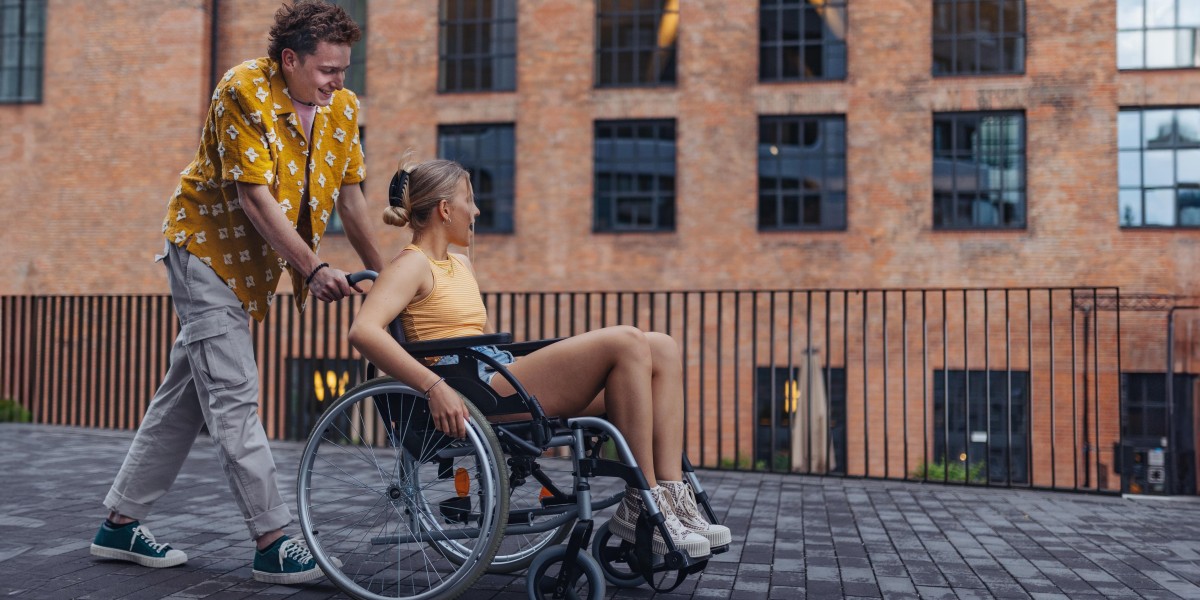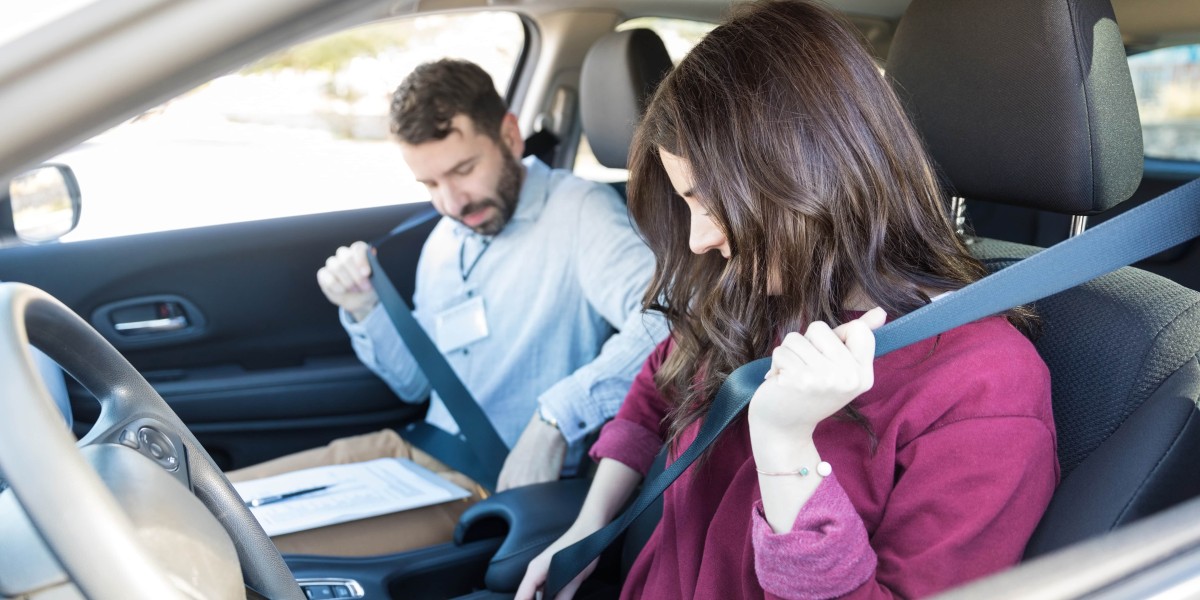A Comprehensive Guide to Senior Walkers: Enhancing Mobility and Independence
As individuals age, keeping mobility ends up being important for protecting self-reliance and quality of life. For numerous seniors, walking aids such as walkers use a valued service to assist them navigate their environment safely and with self-confidence. This article delves into the complex world of senior walkers, including their types, benefits, use, and some regularly asked concerns.
Understanding Senior Walkers
Walkers, frequently referred to as walking frames, are mobility aids designed to offer support and balance for individuals who may have trouble walking individually. They usually consist of a sturdy frame, grips for holding, and sometimes, wheels for ease of motion. Comprehending the different types of walkers offered can help seniors and their caretakers make well-informed decisions.
Types of Senior Walkers
| Walker Type | Description | Best For |
|---|---|---|
| Requirement Walker | A four-legged frame that needs to be raised to move forward. | Seniors needing optimum stability. |
| Two-Wheeled Walker | A walker Rollator With Brakes two wheels on the front for much easier mobility. | Those with minor balance issues. |
| Four-Wheeled Drive Blue Folding Walker with Seat for Comfort | A walker with four wheels, frequently consists of a seat and brakes. | Active seniors requiring mobility and rest durations. |
| Rollator For Travel Outdoor Walker (click the next document) | A type of four-wheeled walker that is Lightweight 3-Wheel Rollator with Brakes - NRS and foldable. | Seniors who are more active and need small assistance. |
| Platform Walker | A specialized walker with a platform for assistance, typically utilized in physical treatment. | People needing particular assistance for injuries. |
Benefits of Using Senior Walkers
Senior walkers provide numerous benefits that substantially improve the mobility and self-reliance of elderly individuals. Here are some of the most noteworthy advantages:
- Increased Stability: Provides a strong base of assistance, minimizing the threat of falls.
- Enhanced Confidence: Encourages motion and can alleviate anxiety about walking.
- Improved Posture: Helps keep an upright posture while walking.
- Social Engagement: Facilitates involvement in social activities by making it possible for mobility.
- Restorative Use: Can be used during rehabilitation to enhance strength and balance.
Choosing the Right Walker
When choosing a walker, various aspects should be thought about to make sure the very best fit. Below are bottom lines seniors or caretakers need to examine:
- Weight Capacity: Ensure the walker can support the user's weight.
- Height Adjustability: An appropriate height adjustment is necessary for comfort and efficiency.
- Mobility Needs: Consider the user's particular needs, such as level of stability required.
- Lifestyle Factors: Think about where the walker will be used and how frequently.
Proper Use of Walkers
To maximize the benefits and lessen threats related to walkers, proper use methods are essential. Here are steps seniors should follow:
- Stand in the Walker: Position the walker in front of them, guaranteeing it is stable.
- Grip the Handles: Hold the handles firmly, ensuring a comfy grip.
- Walk Inside the Frame: Move forward by taking little steps, making sure the front legs of the walker stay on the ground.
- Turn with Care: To change instructions, pivot on the feet while moving the walker.
- Use Cautiously: Avoid rushing and remember to take breaks when tired.
Often Asked Questions (FAQs)
What is the typical rate of a senior walker?
The cost of senior walkers can vary based upon features and products utilized. Requirement walkers may cost as low as ₤ 30, while advanced designs with wheels and seats may vary from ₤ 50 to ₤ 150.
How do I determine if my loved one requires a walker?
Indications that a senior may need a walker can consist of frequent stumbling or losing balance, a recent surgery or injury affecting mobility, and preventing walking or participating in social activities.
Can a walker assist with rehab workouts?
Yes, walkers can be a vital part of physical therapy, assisting seniors restore strength and agility through safe motion.
Where can I purchase a senior walker?
Walkers can be purchased at medical supply stores, drug stores, or online retailers. Some insurance plans might even cover part of the cost.
How do I maintain a senior walker?
Regular maintenance includes inspecting for loose parts, making sure brakes work properly, and cleaning the frame to avoid rust or wear.

Senior walkers are an indispensable resource for preserving mobility and independence as one ages. With numerous types of walkers offered, it is important for seniors and caretakers to think about individual needs, use, and convenience when picking a proper walking aid. By encouraging safe mobility, walkers not only boost physical capabilities however also positively effect social connections and psychological wellbeing.
Through correct use and care, seniors can delight in an active, appealing way of life, boosted by the support of their walker. Comprehending the value of mobility aids like walkers is fundamental in promoting improved life quality for seniors facing mobility difficulties.




